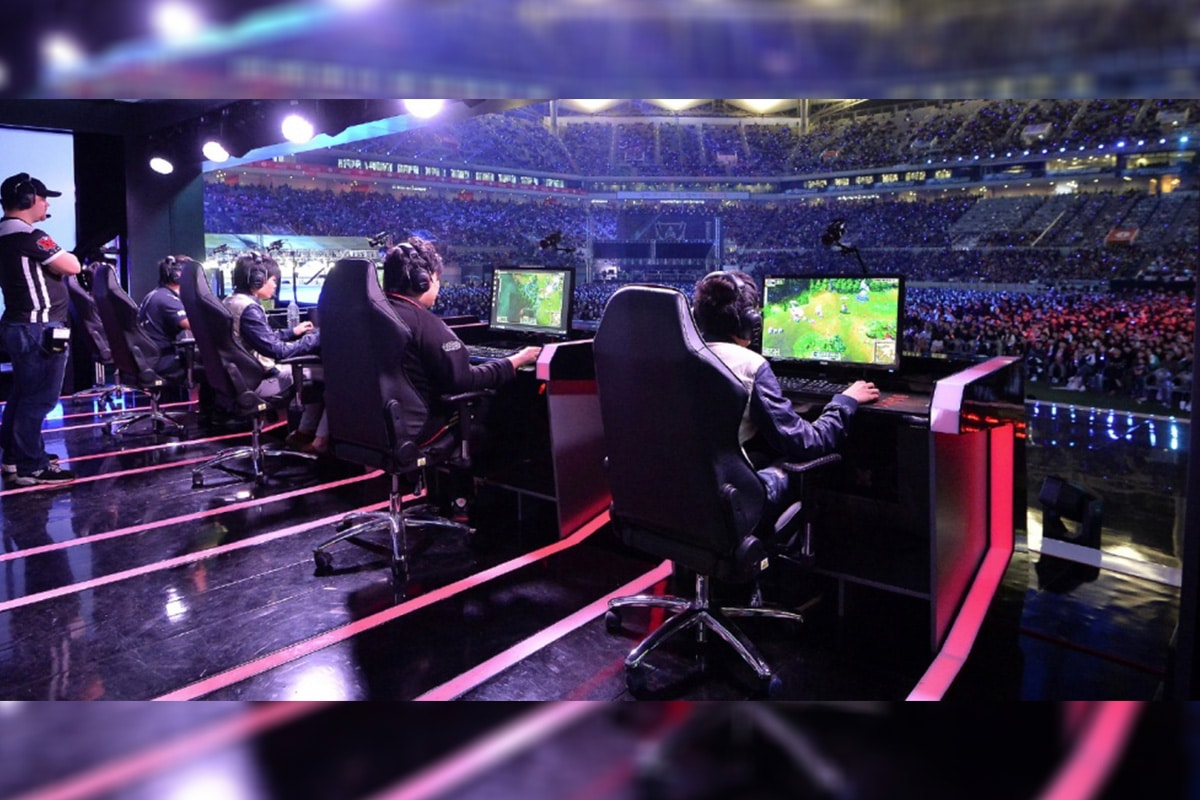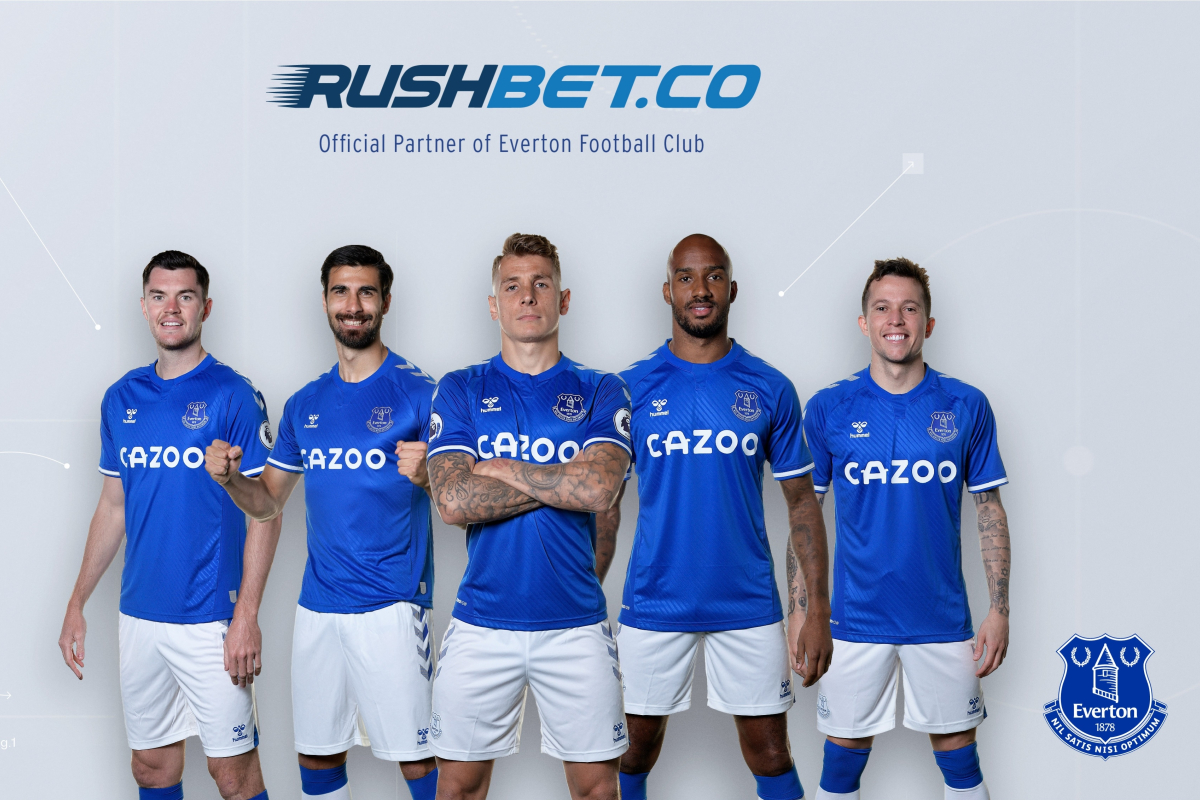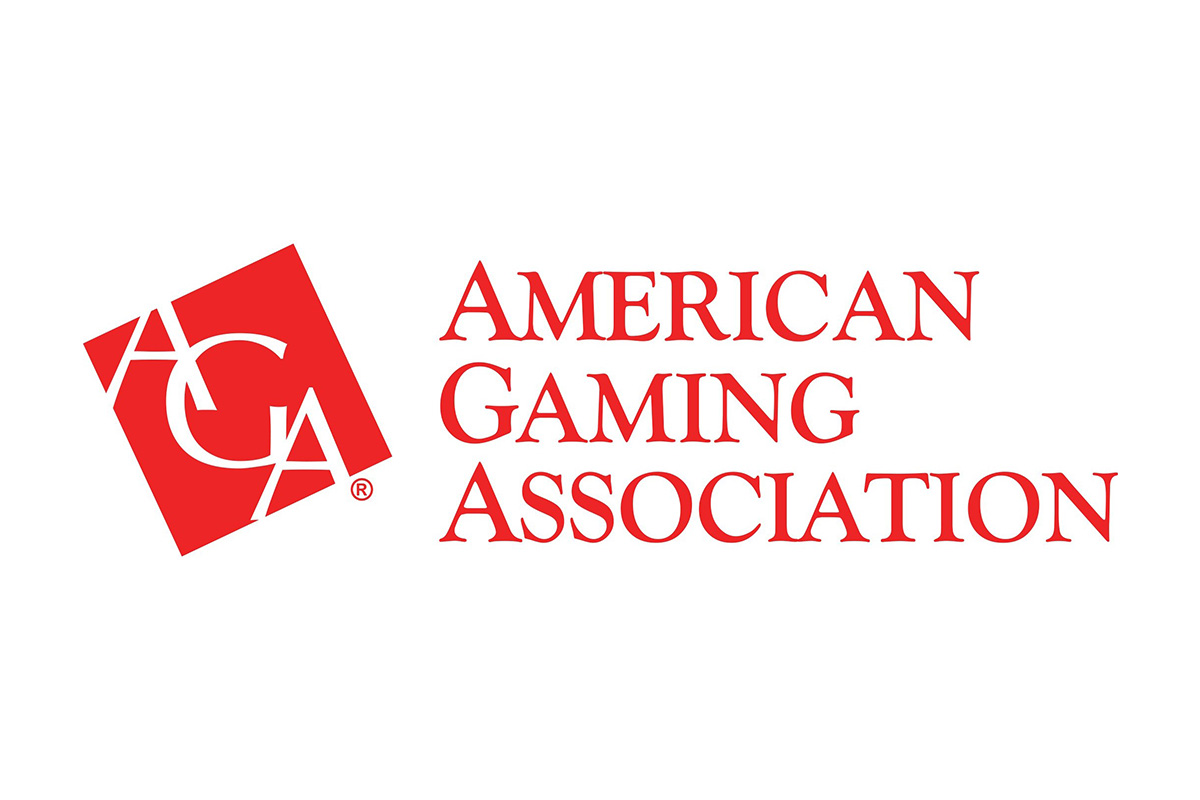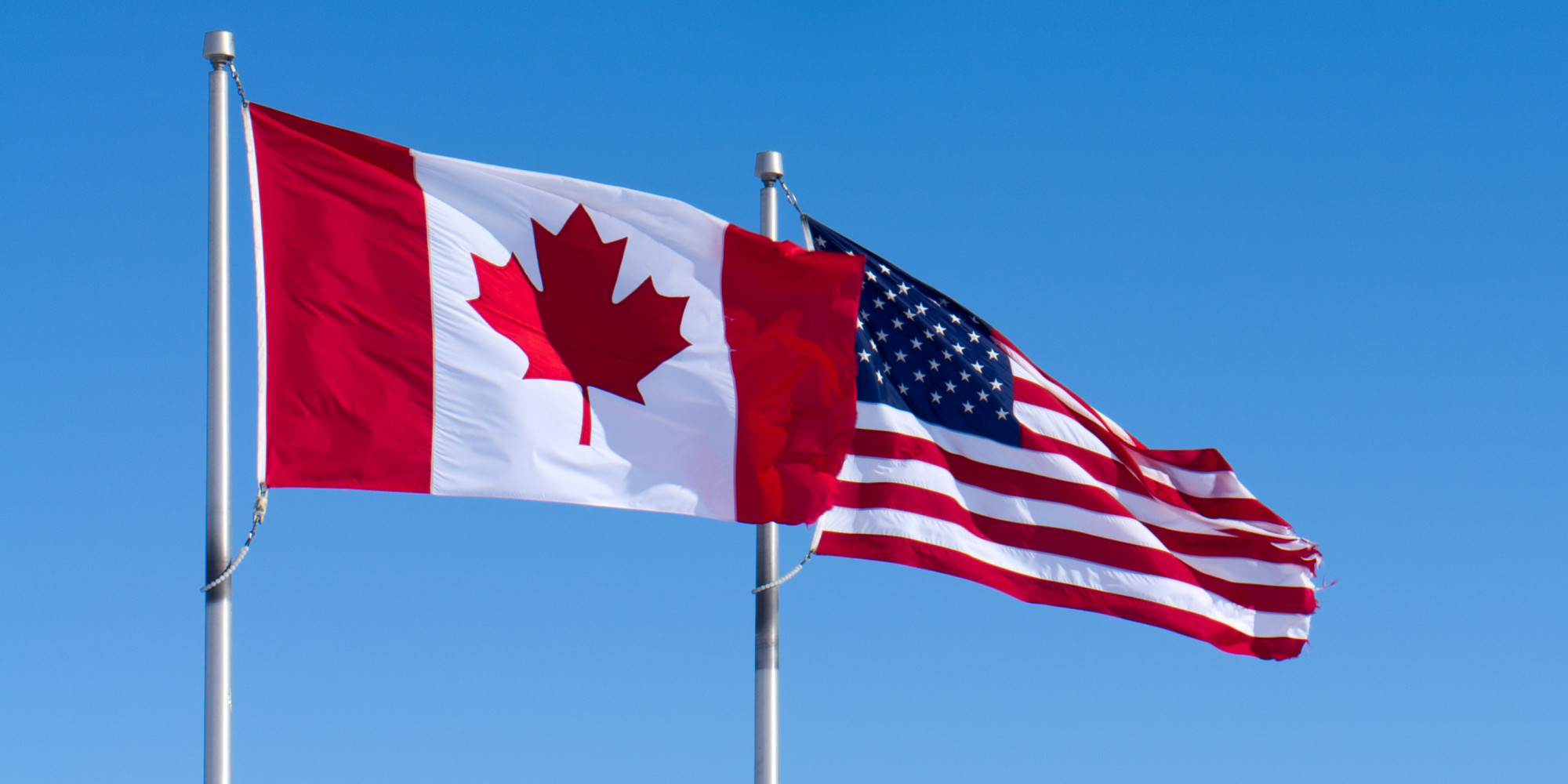
Three Gambling Trends To Watch In 2021
With the calendar about to mercifully flip to 2021, Steve Ruddock, content director at BettingUSA.com, offers up his thoughts on what 2021 has in store for the US gambling industry
The COVID-19 pandemic upended industries across the globe. The gambling industry was one of the hardest hit. Lockdowns, occupancy limitations, and various other COVID-related restrictions have taken their toll on the industry.
But there is a bright side. Vaccines have arrived and should be widely available by the end of H1 2021. Online gaming proved itself a reliable source of revenue and a backstop against future calamities. And the industry was forced to do some self-reflection.
2020 gave us a little bit of everything, and 2021 is shaping up to be another interesting year for the gambling industry.
Sports Betting Will Have A Good But Not Great Year
Legalized sports betting has swept across the US, and hopes are high the already considerable gains will pick up even more steam as states struggle to plug massive budget holes brought on by the pandemic.
There’s momentum in several key states, including:
- The prospect of retail and online legalization in Connecticut, Massachusetts, and Ohio;
- The addition of mobile betting to New York’s current retail betting locations; and
- The possibility of retail sports betting coming to California.
That has led to speculation that a run on the bank, with sports betting showing up everywhere from Florida to Texas to Maine, is in the cards. And that’s where a bucket of cold water makes its appearance.
If a state hasn’t legalized sports betting at this point, then there has to be a reason, or more likely, reasons. What might seem like a simple solution to the masses (legalize sports betting, launch sports betting, print money) is a far more complicated process than most people realize.
At the top of the list is money. The notion of generating more revenue through legal sports betting seems like a no-brainer. Still, problems bubble up when the discussion shifts to how that money gets divvied up among stakeholders and the state, as well as anyone with the most tenuous connection to the issue holding out their hand hoping to catch some loose change.
Once you get beyond money, it’s a simple matter of dealing with legal hurdles and navigating existing laws, considerations of public sentiment and legislative appetite, and the fact that gambling is controversial and low on the legislative priority list.
When you dig into each state’s particulars, you find most states that haven’t passed sports betting legislation are struggling with several of these factors.
Bottom line: If a state hasn’t passed sports betting in the run-up to the Supreme Court’s decision to strike down PASPA or the two and a half years since the ruling, it’s safe to say it’s not a simple issue. Progress will be made, but 2021 isn’t the year when the bulk of the US legalizes sports betting.
Land-Based Casinos are Ready to Enter the 21st Century
Before 2020, US casinos were viewed as a revenue-generating, job-creating juggernaut. Casinos were an unstoppable force that could brush off any impediments in its path. With that as the backdrop, is it any wonder the industry has been quite resistant to change?
Then the reality slap of COVID-19 landed, and an industry that believed it was invulnerable quickly had its defects laid bare.
When things are going well, it’s easy to overlook or justify underperforming aspects of your business. But when the fit hits the shan, companies tend to examine everything. In the case of land-based casinos, that self-examination uncovered the inconvenient truth that the business model has gone mostly unchanged since Steve Wynn ushered in the amenity era in the 1990s. Since then, it’s mainly been stagnation. That’s no longer the case.
COVID has accelerated the industry’s acceptance of cashless gaming products and online and interactive gaming options. And it’s led to casinos instituting long overdue measures like guest tracking and refocusing on the guest experience.
That trend is likely to continue.
A Shakeup in the US Sports Betting Hierarchy?
One of the early surprises in the US sports betting industry has been the performance of DraftKings and FanDuel. The two daily fantasy sports giants smoothly transitioned to sports betting and have been the industry’s runaway leaders, getting the better of their more experienced competitors from Europe.
According to recent estimates from Eilers & Krejcik Gaming, DraftKings and FanDuel constitute 70% (22% and 48% respectively) of the New Jersey sports betting market. Pennsylvania Gaming Control Board reports show the two operators boast about 60% of the market, and in Colorado, their combined market share is closer to 85%.
That said, we are still in the early stages of the legal US sports betting experiment, and challengers have started to emerge.
Since a significant product overhaul and rebrand, BetMGM has been cutting into DraftKings and FanDuel’s lead and looks to be a major force in the space. In Colorado, BetMGM has carved out 11% of the market, and its sports betting products are closing in on a double-digit market share in New Jersey, according to E&K Gaming.
Another challenger is Penn National and its Barstool Sportsbook. The Barstool Sportsbook app is live in Pennsylvania, where it’s already grabbed a significant market share (nearly 12% in November), and will considerably expand its footprint with early 2021 launches in the key states of Michigan and Illinois.
And then there are the European heavyweights that have quietly entered the US market, seemingly biding their time. With their experience, it’s likely one or more will breakthrough in the US.











